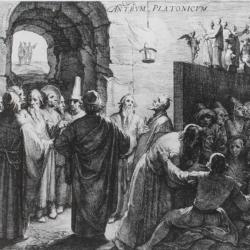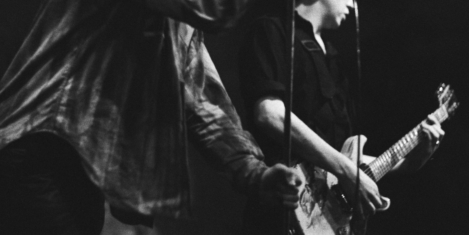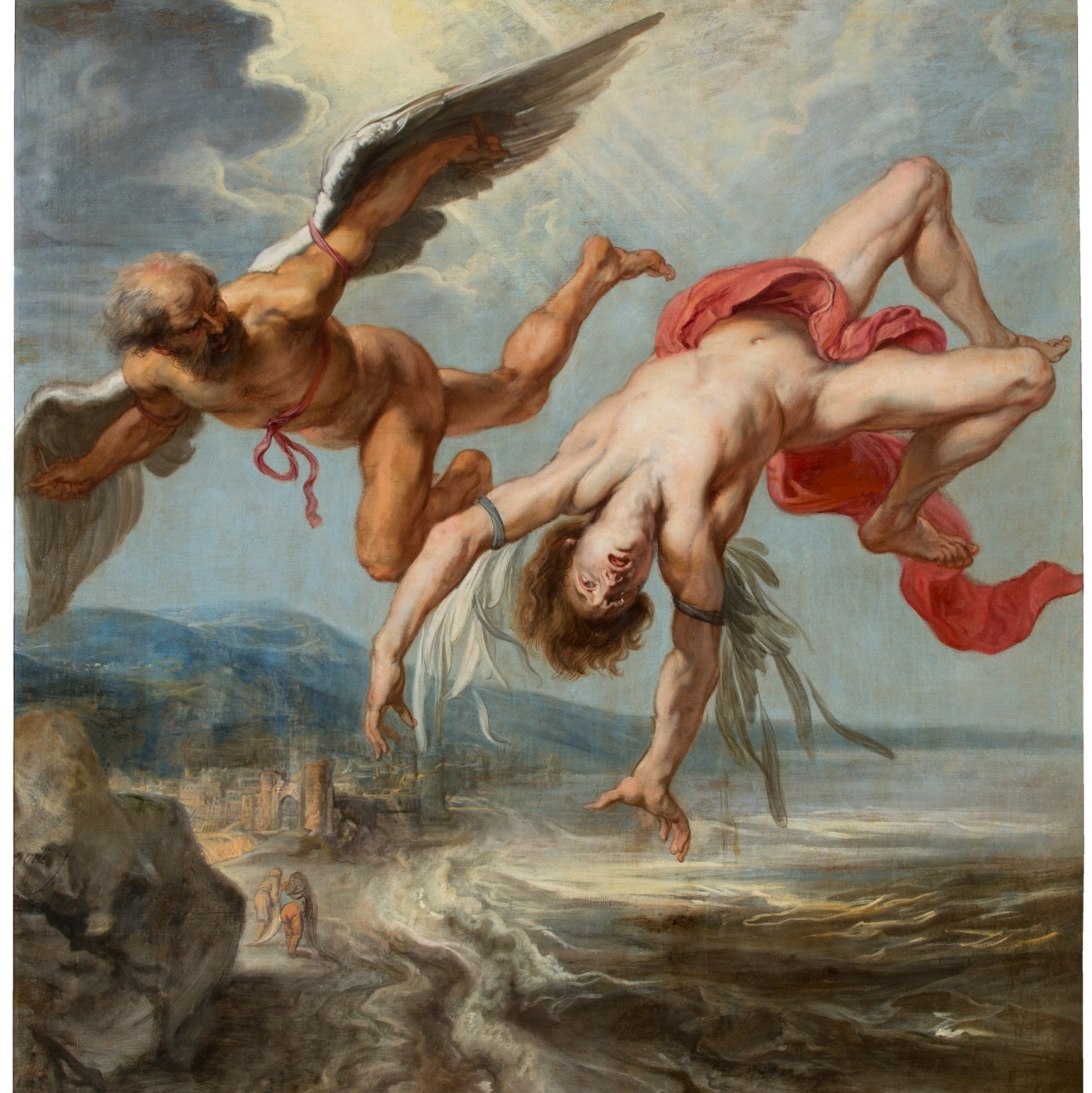To provide the best experiences, we use technologies like cookies to store and/or access device information. Consenting to these technologies will allow us to process data such as browsing behaviour or unique IDs on this site. Not consenting or withdrawing consent, may adversely affect certain features and functions.
The technical storage or access is strictly necessary for the legitimate purpose of enabling the use of a specific service explicitly requested by the subscriber or user, or for the sole purpose of carrying out the transmission of a communication over an electronic communications network.
The technical storage or access is necessary for the legitimate purpose of storing preferences that are not requested by the subscriber or user.
The technical storage or access that is used exclusively for statistical purposes.
The technical storage or access that is used exclusively for anonymous statistical purposes. Without a subpoena, voluntary compliance on the part of your Internet Service Provider, or additional records from a third party, information stored or retrieved for this purpose alone cannot usually be used to identify you.
The technical storage or access is required to create user profiles to send advertising, or to track the user on a website or across several websites for similar marketing purposes.
 I recently read an interesting little book called Office by Sheila Liming. It’s a small book, easy to read in a sitting and linked to a series of essays in The Atlantic. The author is a Professor of English so it’s no surprise to find that it’s beautifully written and draws on a range of sources to illustrate its points. It’s pretty sound on its own terms but also illustrates perfectly what is wrong with so many current narratives about work. The writing may not be clichéd but the thinking often is. (more…)
I recently read an interesting little book called Office by Sheila Liming. It’s a small book, easy to read in a sitting and linked to a series of essays in The Atlantic. The author is a Professor of English so it’s no surprise to find that it’s beautifully written and draws on a range of sources to illustrate its points. It’s pretty sound on its own terms but also illustrates perfectly what is wrong with so many current narratives about work. The writing may not be clichéd but the thinking often is. (more…)








 Workplace Insight and
Workplace Insight and 


 When people first started working from home in large numbers for the first time in the Spring of 2020, one of the most talked about issues was how the productivity of most stayed the same or improved. This shouldn’t have been that surprising given all that we have learned about remote and flexible working over the years, but it certainly drove the debate for a while.
When people first started working from home in large numbers for the first time in the Spring of 2020, one of the most talked about issues was how the productivity of most stayed the same or improved. This shouldn’t have been that surprising given all that we have learned about remote and flexible working over the years, but it certainly drove the debate for a while. 


 We’re all biased. We all recognise the sharp bump of our critical thinking skills kicking into life when confronted with ideas and information that go against our beliefs. We know how they doze in the comforting embrace of affirming data. So, it’s been entertaining this week to observe the reaction to
We’re all biased. We all recognise the sharp bump of our critical thinking skills kicking into life when confronted with ideas and information that go against our beliefs. We know how they doze in the comforting embrace of affirming data. So, it’s been entertaining this week to observe the reaction to 
 It’s now a year since we launched IN Magazine and what a year it’s been.
It’s now a year since we launched IN Magazine and what a year it’s been. 
 A year of unnecessarily binary conversation about work leads inevitably to this. A stupid question.
A year of unnecessarily binary conversation about work leads inevitably to this. A stupid question. 


 One of the most significant consequences of the 2008 economic crash was a remarkable shift
One of the most significant consequences of the 2008 economic crash was a remarkable shift 










August 10, 2021
The reason we can’t stomach so many opinions on the future of work
by Mark Eltringham • Comment, Workplace design